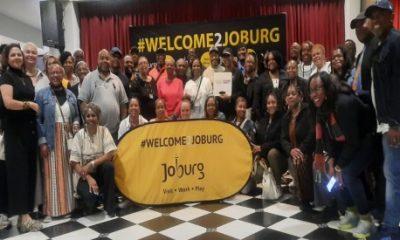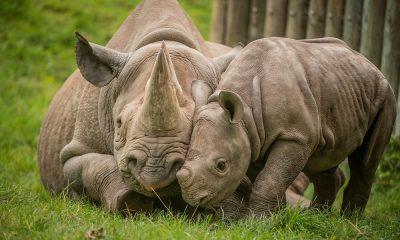Jozi Journeys
From sightseeing to soul-searching: why experience travel is the new luxury
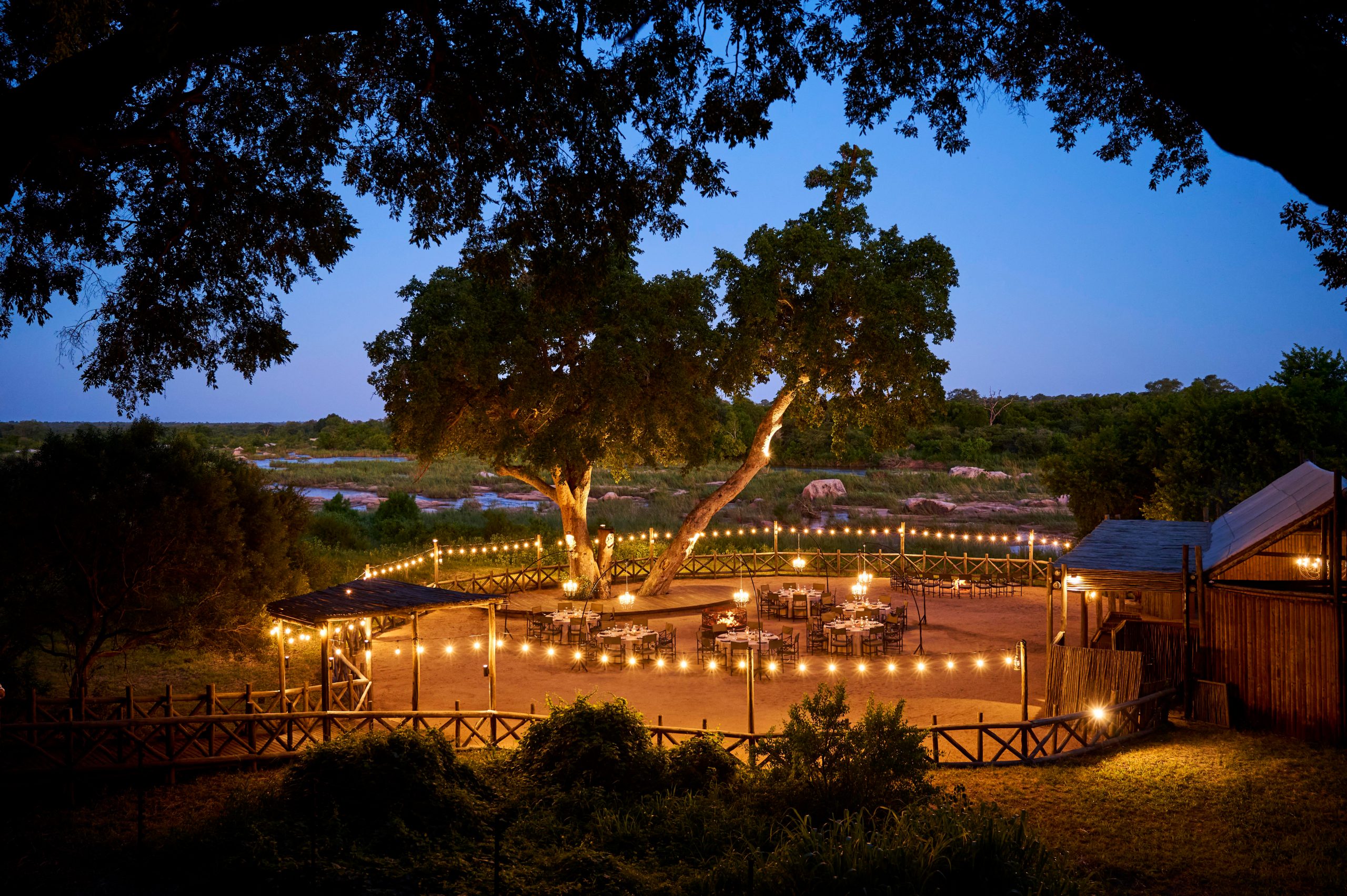
Traditional travel was once about reaching a destination, ticking off the main attractions, snapping a few photos, and heading home. But today’s travellers are looking for something more meaningful. The rise of experience tourism has transformed the way people approach leisure travel, shifting the focus from sightseeing to immersive, life-enhancing experiences that stay with them long after the trip ends.
Rather than simply visiting a place, travellers now want to feel it. They seek to engage with local culture, taste authentic cuisine, explore nature up close, and connect with the people who live there. It’s no longer just about the destination; it’s about the stories that unfold along the way. This desire for deeper engagement mirrors a broader consumer shift known as experiential purchasing. More and more, people are choosing to spend their money on meaningful experiences rather than material goods. Whether it’s a kitchen renovation that makes everyday life more enjoyable, or a trip that offers self-discovery and connection, experiences are proving to be far more valuable and memorable than things.
In the context of travel, this shift has sparked a surge in demand for tailored, personal, and often unconventional holidays. Leisure travel already accounts for over 75% of global tourism spend, and experiential travel is growing faster than business travel. Social media, increased disposable income, and a growing appetite for unique, shareable moments are all contributing factors. Travellers want more than itineraries and photo opportunities; they want emotional resonance. Forget the landmarks: travellers are chasing connection. They want to feel part of a place, not just pass through it.
This has led to the growing popularity of authentic experiences, whether it’s joining a family for a home-cooked meal, learning traditional crafts, or exploring natural landscapes with local guides. It’s how ‘travel like a local’ became the world’s favourite way to explore. People want to step off the tourist trail and into real life. They crave insight into different ways of living, meaningful encounters, and stories they can carry with them. It’s about slowing down, tuning in, and experiencing a destination through the eyes of those who know it best.
This trend is especially visible in destinations like Kruger National Park, where immersive, hands-on experiences are the focus. Here, travellers can witness wildlife on game drives, take part in conservation conversations, or simply sit around a fire and listen to local stories under a starlit sky.
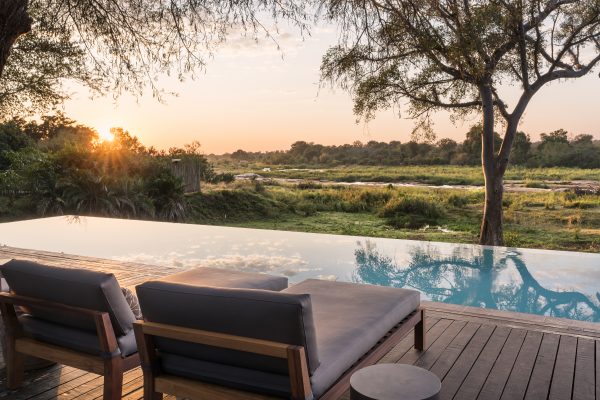
Picture: Supplied
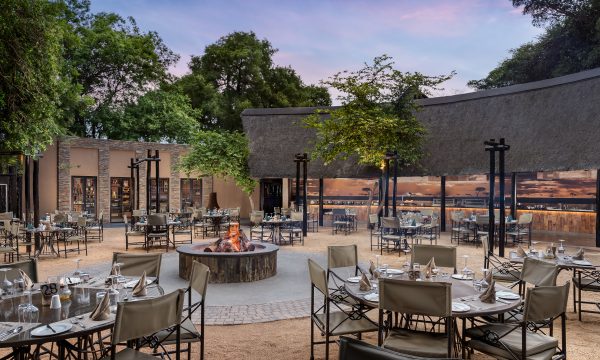
Picture: Supplied
“Today’s guests aren’t just looking for a place to stay, they’re looking for stories to take home. At Kruger Gate Hotel, we focus on creating those moments through immersive, local experiences that connect travellers to the wildlife, the food, and the people,” says Miguel Farinha, Hotel Manager at Kruger Gate Hotel. These moments go beyond entertainment; they offer perspective, connection, and a sense of place. In many ways, they reflect travel’s new currency: experiences that transform, not just entertain.
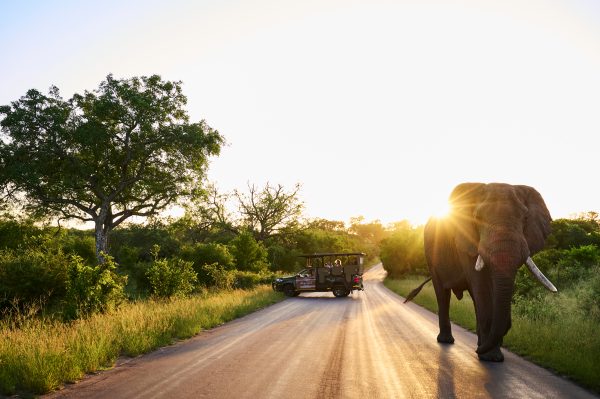
Picture: Supplied
A McKinsey survey on the factors most important to travelers when selecting a destination found that the range and quality of local activities on offer and the ability to experience authentic local customs and culture were key.
For businesses in the leisure industry, the implications are clear. The days of one-size-fits-all packages are over. Travellers expect more: curated experiences and personalisation. Hospitality providers who understand this – and who invest in this emotional connection – will lead the next era of travel, and encouraging guests to share their journeys online, whether through social media, reviews, or storytelling, extends the impact of these experiences. In the age of digital influence, a shared moment can be exceptionally powerful.
Farinha goes on to explain that “experience tourism is no longer a luxury, it’s an expectation. We see it every day in how our guests engage with nature, ask questions about conservation, and seek out authentic ways to explore beyond the safari.”
Experience tourism isn’t a passing trend; it’s a lasting shift in how people explore the world. For those in the industry, success will come not from selling destinations, but from crafting moments that matter. Because in today’s world, experience isn’t just part of the holiday. It is the holiday.

MoAfrika Outreach – A First-Timer’s Guide to Madikwe Safaris
Follow Joburg ETC on Facebook, Twitter , TikTok and Instagram
For more News in Johannesburg, visit joburgetc.com





